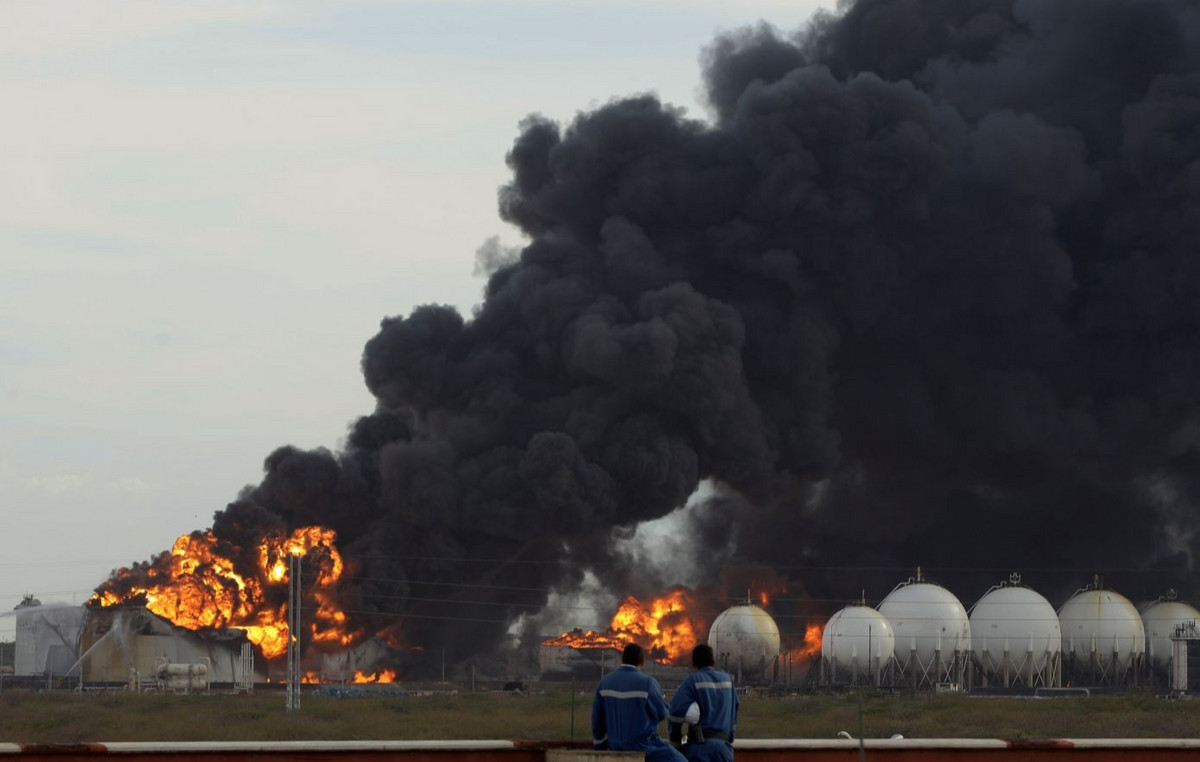Boards, executives and business leaders are increasingly optimistic about the challenges of climate change, but if the “Human Factor” is not taken into account in any strategy for carbon offsets, it could undermine climate change, according to a new report by Eversheds Sutherland and KPMG.

The research, the findings of which are published in the report entitled “Climate Change and the People Factor”, shows that climate change awareness has penetrated the boards worldwide, and is recognized as a priority by significant implications for companies’ business models, with an impact on their stakeholders: from employees to the wider community in which businesses operate.
According to the research, specialization in climate change is increasingly valued. Many companies have already appointed climate change experts to their boards as they seek to upgrade their skills and retrain their existing staff to meet the challenges of a low carbon economy.
Necessary for a successful transition is the planning and involvement of all stakeholders, as well as cooperation with governments and experts on climate change, to ensure the necessary adequacy of skills.
The Climate Change & the People Factor report surveyed 1,095 senior executives among the world’s top companies by Eversheds Sutherland and KPMG. , similar to the one published in 2020 by Eversheds Sutherland and KPMG entitled “Climate change and corporate value”.
The main findings of the research show growing optimism and opportunities for action:
– All respondents mentioned that their companies have a strategy or plan for identifying, evaluating and reporting the risk associated with climate change in their businesses. To date, however, only half have drawn up a clear plan for carbon offsets.
– 74% say they have the right knowledge on climate change, resources, skills and know-how to develop and implement their current plan for carbon offsets. Last year, 47% said the lack of proper business skills was a major challenge for carbon offsets.
– Almost half of the respondents say that their companies have not yet appointed a specialist on climate change issues in their board

The implications for business and human resources are well known and expected:
– Almost all respondents recognize that significant changes are needed in their company’s business model, in whole or in part, to effectively address the risk of climate change. Last year, only 74% acknowledged that significant changes to the business model were needed
Nearly two-thirds of executives surveyed said they expected some negative impact on human resources due to carbon dependence, which includes almost a third of respondents expecting redundancies as part of the transition to a low-carbon organization.
– Almost all those who recognize the lack of skills, plan training or retraining of their employees to meet these needs
The involvement of human resources is important:
Effective change management will be an important factor. As 46% of the respondents state that they expect a high level of resistance to the significant changes that will be required in the business model.
– Many companies have tried to harness the goodwill of their human resources through social norms and the support of environmental policies and benefits
– While the vast majority of respondents reported that their companies have set performance targets and payroll incentives for senior and managerial staff, less than a third have set individual or group performance indicators, or payroll incentives linked to detachment targets. carbon for the rest of the workforce.
The authors of the report “Climate Change & the People Factor” from the side of Eversheds Sutherland are Diane Gilhooley and Herbert J. Short, Global Co-Heads of ESG, while from the side of KPMG International in the research participated Mike Hayes, Global Head of Renewables and Global Head of Climate Change & Decarbonization of KPMG IMPACT and Sophie Heading, Global Geopolitics Lead.
Mike Hayes says companies have made significant progress in identifying what needs to be done to meet the challenges, compared to the original Climate change and corporate value report. What is clear, however, is that more could be done individually and collectively by helping to move forward from carbon offsets, and there is an opportunity for collaboration between businesses, the education community and governments to really drive this development and ensure that global businesses face the risk of climate change head-on. ”
Diane Gilhooley comments: “Business leaders have made significant progress in addressing the risk of climate change within their organizations, but they also recognize the challenges of upgrading skills and the impact of climate change on humans. However, they also see opportunities for further involvement of employees in this important issue, which can accelerate the transition, as well as motivate employees to implement solutions within their companies.A company that can leverage both skills and human energy “to address the challenges posed by the risk of climate change, will see a significant boost in its progress towards carbon offsets.”
Sophie Heading says: “The debate over climate change often focuses on the right policies, the right investments, the right technologies. All of this is important, of course, but what about the human factor? Business leaders are beginning to invest in their human capital, engage their employees in the transition to a low-carbon business model, and make the most of the significant impact on employees worldwide. to “unlock” the ideas, innovation, skills and talent that may be needed in this race to a zero-carbon balance. ”
“The reality of the transition to a global low-carbon economy is beginning to be felt around the world. This is a transition that only happens once in many companies, with different implications for employees and However, companies are not the only solution. Governments need to play a key role in helping to ensure retraining and upgrading human resource skills. coal, so the human factor can easily be sidelined if governments do not pay attention. ”
Lina Maggina, ESG & Sustainability Manager, Consulting, KPMG in Greece, said, “The cost for businesses to ignore the effects of climate change will be unbearable. part of the solution is to redefine the necessary skills of the human resources and to develop new ones, focusing on the green economy. are needed to achieve sustainable business change, a factor that is often overlooked when drawing up the national strategy, with serious implications for businesses as well as employees. ”
You can find the exhibition “Climate Change & the People Factor” here.
.
Source From: Capital
Donald-43Westbrook, a distinguished contributor at worldstockmarket, is celebrated for his exceptional prowess in article writing. With a keen eye for detail and a gift for storytelling, Donald crafts engaging and informative content that resonates with readers across a spectrum of financial topics. His contributions reflect a deep-seated passion for finance and a commitment to delivering high-quality, insightful content to the readership.







